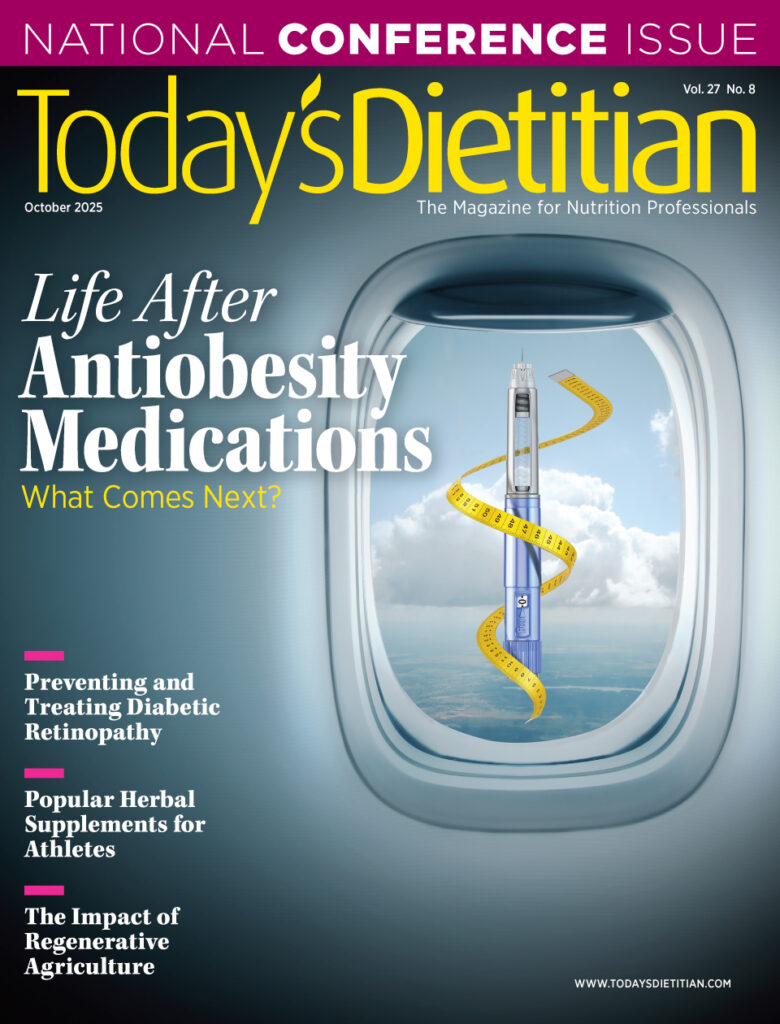Eating a big breakfast rather than a large dinner may prevent obesity and high blood sugar, according to research published in the Endocrine Society’s Journal of Clinical Endocrinology & Metabolism.
Our body expends energy when we digest food for the absorption, digestion, transport, and storage of nutrients. This process, known as diet-induced thermogenesis (DIT), is a measure of how well our metabolism is working and can differ depending on mealtime.
“Our results show that a meal eaten for breakfast, regardless of the amount of calories it contains, creates twice as high diet-induced thermogenesis as the same meal consumed for dinner,” says the study’s corresponding author, Juliane Richter, PhD, MSc, of University of Lübeck in Germany. “This finding is significant for all people, as it underlines the value of eating enough at breakfast.”
The researchers conducted a three-day laboratory study of 16 men who consumed a low-calorie breakfast and high-calorie dinner, and vice versa in a second round. They found that identical calorie consumption led to 2.5 times higher DIT in the morning than in the evening after high-calorie and low-calorie meals. The food-induced increase of blood sugar and insulin concentrations was diminished after breakfast compared with dinner. The results also show eating a low-calorie breakfast increased appetite, specifically for sweets.
“We recommend that patients with obesity as well as healthy people eat a large breakfast rather than a large dinner to reduce body weight and prevent metabolic diseases,” Richter says.
— Source: Endocrine Society
Mothers’ Vitamin D Deficiency in Pregnancy Associated With Increased ADHD Risk in Children
Alongside genotype, prenatal factors such as vitamin D deficiency during pregnancy can influence the development of ADHD, says Minna Sucksdorff, MD, a pediatrician and doctoral student of child psychiatry at the University of Turku in Finland.
The study is the first population-level research to demonstrate an association between low maternal vitamin D level in early to mid-pregnancy and an elevated risk for diagnosed ADHD in the offspring.
The study included 1,067 children born between 1998 and 1999 diagnosed with ADHD in Finland and the same number of matched controls. The data were collected before the current national recommendation in Finland for the intake of vitamin D during pregnancy, which is 10 mcg per day throughout the year.
The primary investigator, Andre Sourander, MD, a professor of child psychiatry at the University of Turku, says that, despite the recommendations, vitamin D deficiency is still a global problem. In Finland, for example, mothers’ vitamin D intake among several immigrant groups isn’t at a sufficient level.
This research offers strong evidence that a low level of vitamin D during pregnancy is related to attention deficiency in offspring. As ADHD is one of the most common chronic diseases in children, the research results have a great significance for public health, Sourander says.
The study is part of a larger research project that aims to discover the connections between the mother’s health during pregnancy and ADHD in offspring. The goal is to produce information for developing preventive treatments and measures for identifying children with ADHD risk.
— Source: University of Turku


